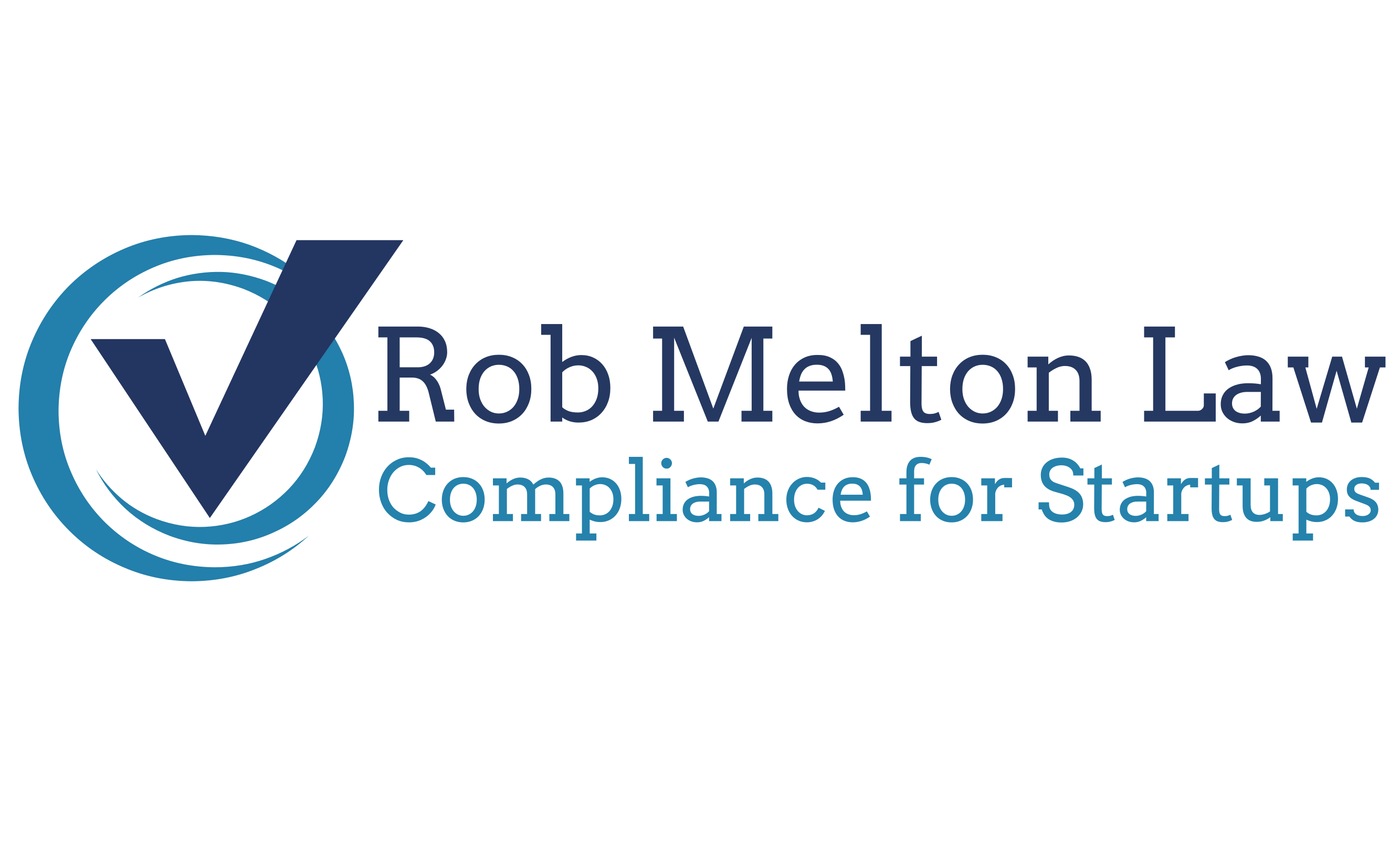When your company is preparing for a merger or acquisition, every detail matters—especially how your data is handled and how your compliance story is told. I’m a data protection and compliance lawyer who partners with startups, growth-stage companies, and established enterprises to navigate the legal complexities of M&A with confidence and clarity.
From the earliest stages of due diligence to post-closing integration, I help clients identify and mitigate regulatory risks that could impact deal value or delay closing. Whether it’s ensuring GDPR and CCPA compliance, reviewing cybersecurity protocols, or validating intellectual property ownership, I bring a proactive, business-minded approach to legal risk management.
I work closely with executive teams, legal counsel, and deal advisors to prepare clean, defensible documentation that stands up to scrutiny. My goal is to make your company “deal-ready”—not just compliant, but compelling to buyers and investors. I also assist with negotiating representations and warranties, managing regulatory disclosures, and coordinating with insurers on representations and warranties insurance (RWI) to reduce post-closing exposure.
Ready to position your company for a successful exit? Let’s talk. Your M&A journey deserves a partner who understands the stakes and speaks the language of both law and business.
Here is how I help:
Pre-M&A Preparation
A compliance and regulatory lawyer plays a pivotal role in preparing a startup or tech company for a successful M&A exit or investment. Involvement begins with a discussion concerning the company’s operations to identify regulatory risks that could derail a deal. The scope of this inquiry depends on the nature of the business and the level of concern of the founders into the various areas that may be scrutinized. For tech companies, this often extends to data privacy laws like GDPR or CCPA, cybersecurity protocols, and intellectual property protections.
The lawyer also help anticipate the due diligence process, focusing on what potential buyers will scrutinize. This means assisting with organizing corporate records, contracts, employment agreements, and financial disclosures in a way that demonstrates transparency and minimizes red flags. If there are any past compliance issues—say, a problem in export controls — it may be possible to remediate them proactively, reducing the chance of deal delays or price reductions.
Ultimately, the goal here is to make the company as “deal-ready” as possible —clean and attractive to buyers. The lawyer’s expertise not only protects the company from legal pitfalls but also adds credibility during negotiations, often increasing the perceived value of the business.
Due Diligence
For an organization with limited experience in the M&A process a lawyer is instrumental in guiding the startup or tech company through the maze of M&A due diligence.
For the seller, they review incoming requests from the acquiring party, assess the legal implications of disclosures, and ensure that sensitive information is shared appropriately. For tech companies, this often includes a deep dive into software licensing, open-source code compliance, data privacy practices, and cybersecurity protocols. If issues arise during diligence, the legal team helps craft solutions—whether that’s through remediation, escrow arrangements, or specific indemnities—to keep the deal on track.
For the buyer, the lawyer is responsible for understanding the buyer’s business and digging into the possible legal problems that can come up prior to our after the acquisition.
Agreement Negotiation
A buyer and seller typically have a team of attorneys working for them with different areas of expertise so that they can cover all of the different areas that may come up during due diligence and in the negotiation of the merger agreement. I work with lead counsel on privacy, security, various technology and intellectual property matters, health care, regulatory and compliance matters in order to ensure the reasonability and accuracy of the representations made by the seller.
Assessing Legal Risks
I assist buyers with assessing the legal risks of the seller’s data protection and compliance programs, as well as the contracts between their buyers and sellers, and specific issues that are discovered during due diligence. I have around a decade of experience working on compliance and enforcement matters which provides a solid base to determine what issues are material and which ones are less critical.
RWI Discussions
Representations and warranties insurance, or RWI, is a specialized type of insurance used in mergers and acquisitions to protect against financial losses resulting from breaches of the representations and warranties made in the purchase agreement. In an M&A deal, the seller typically makes a series of statements about the condition of the business—covering everything from financials and contracts to compliance and intellectual property. If any of those statements turn out to be inaccurate after the deal closes, the buyer could suffer losses. RWI steps in to cover those losses, shifting the risk from the parties involved to the insurer.
This insurance is often used to streamline negotiations, especially around indemnification. Instead of the buyer demanding that the seller set aside a large escrow or remain liable for post-closing claims, the parties can rely on the RWI policy to provide that protection. It’s particularly popular in private equity transactions, where clean exits and quick distributions are a priority.
RWI has become a standard tool in the M&A playbook because it helps close deals faster, reduces friction between parties, and provides peace of mind that surprises won’t turn into costly disputes.
The insurance company has access to the data room and the guidance from the legal team regarding any legal concerns discovered with the due diligence and the seller’s representations. The insurer holds a call with the buyer and the buyer’s legal counsel to explore those issues and the adequacy of the buyer’s due diligence concerning the reps and the transaction. The buyer’s legal team answers questions from the insurer about the diligence that they have reviewed and the guidance that they have provided.

